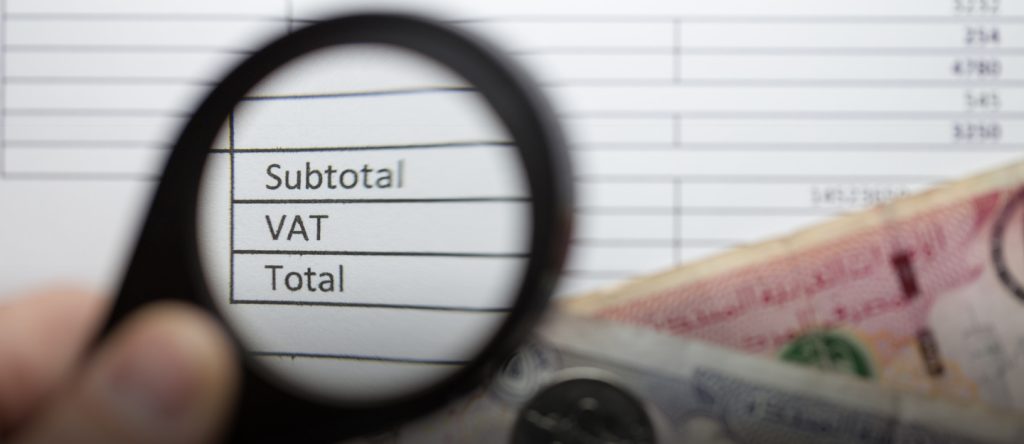Dubai, part of the United Arab Emirates, introduced a 5% Value Added Tax (VAT) in 2018. This marked a significant shift in the region’s tax-free reputation. While the rate is low compared to global standards, its implementation required businesses and residents to adapt swiftly. The Federal Tax Authority (FTA) oversees compliance, ensuring transparency. For context, Saudi Arabia raised its VAT to 15% in 2020, making the UAE’s 5% rate notably competitive.
How VAT Affects Everyday Purchases in Dubai
From grocery shopping to luxury buys, VAT subtly influences prices. Supermarkets like Carrefour or Lulu Hypermarket include VAT in shelf prices, so what you see is what you pay. Dining at popular spots like Tom&Serg or Zaroob adds 5% to your bill, though service charges may apply separately. Surprisingly, public transportation (Dubai Metro, buses) and bare necessities like basic healthcare and education remain VAT-exempt. This balance ensures affordability while generating government revenue.
Business Compliance: Navigating VAT Registration
Businesses with annual taxable supplies exceeding AED 375,000 must register for VAT. Startups and SMEs below this threshold can opt for voluntary registration—a strategic move to reclaim input taxes. The FTA mandates detailed record-keeping, with penalties for late filings. For example, missing deadlines can incur fines up to AED 20,000. Pro tip: Use FTA-approved software like Tally.ERP 9 or QuickBooks to streamline filings. The www.few.ae editorial team notes that many local firms partner with tax consultants to avoid compliance pitfalls.

Tourism and VAT: What Visitors Need to Know
Tourists often ask, “Is shopping in Dubai still tax-free?” The answer: Partially. While VAT applies to most purchases, visitors can claim refunds via the Planet Tax Free system. Simply scan invoices at airport kiosks before departure. Luxury items at Dubai Mall or Gold Souk qualify, but refunds exclude services like hotel stays. A little-known fact: Refunds are processed within 10 days if you use Emirates NBD or Dubai First cards.
Sector-Specific VAT Rules in the UAE
Not all industries follow the same VAT framework. Real estate, for instance, sees VAT on commercial properties but exemptions for residential leases. Healthcare services are zero-rated, meaning providers charge 0% VAT but recover input costs. Meanwhile, the financial sector faces complex rules—Islamic banking products often differ from conventional ones. The UAE Standards and Metrology Authority periodically updates sector guidelines, so businesses must stay informed.
Cultural Nuances and VAT Implementation
Dubai’s multicultural landscape shapes how VAT is perceived. Expatriates accustomed to higher taxes elsewhere find the 5% rate negligible. Conversely, locals recall pre-VAT days when even a AED 1 karak chai cost less. Restaurants now round up totals, blending tradition with modern fiscal policies. During Ramadan, VAT-inclusive discounts dominate promotions, reflecting the city’s adaptability.
Common VAT Misconceptions Debunked
Myth: “VAT applies to everything.” Reality: Over 100 food items, including bread and milk, are exempt. Myth: “Landlords can add VAT to residential rents.” Reality: Only commercial leases include VAT. Myth: “Online shopping from abroad is VAT-free.” Reality: Platforms like Amazon.ae include VAT at checkout, while international shipments over AED 1,000 face customs duties.
Future of VAT in Dubai: Trends to Watch
Will Dubai raise its VAT rate? Experts suggest it’s unlikely before 2030, as the government prioritizes economic growth and tourism. However, sectors like renewable energy and tech could see tailored VAT incentives. The FTA’s digital transformation—launching apps like EmaraTax—signals a push toward AI-driven audits. Businesses should prepare for stricter compliance checks.
Practical Tips for Managing VAT Obligations
- Track Expenses Digitally: Apps like Expensify simplify VAT reclaims for freelancers.
- Audit-Proof Invoices: Ensure invoices include TRN (Tax Registration Number) and buyer details.
- Leverage Zero-Rating: Export-focused businesses can benefit from 0% VAT on international sales.
- Stay Updated: Subscribe to FTA newsletters for real-time updates.
Why VAT Matters in Dubai’s Economic Vision
The 5% VAT contributes to Dubai’s post-oil diversification strategy. Revenue funds infrastructure megaprojects like Expo City Dubai and the Dubai Metro expansion. By maintaining a low rate, the UAE balances fiscal health with global competitiveness. As the www.few.ae editor highlights, “VAT isn’t just a tax—it’s a building block for Dubai’s sustainable future.”
From groceries to corporate compliance, Dubai’s VAT system blends simplicity with strategic depth. Whether you’re a resident, entrepreneur, or tourist, understanding these nuances ensures smoother financial experiences in the Emirates. Got more questions? The FTA’s official portal offers comprehensive guides, or consult local experts for personalized advice.


 then "Add to Home Screen"
then "Add to Home Screen"